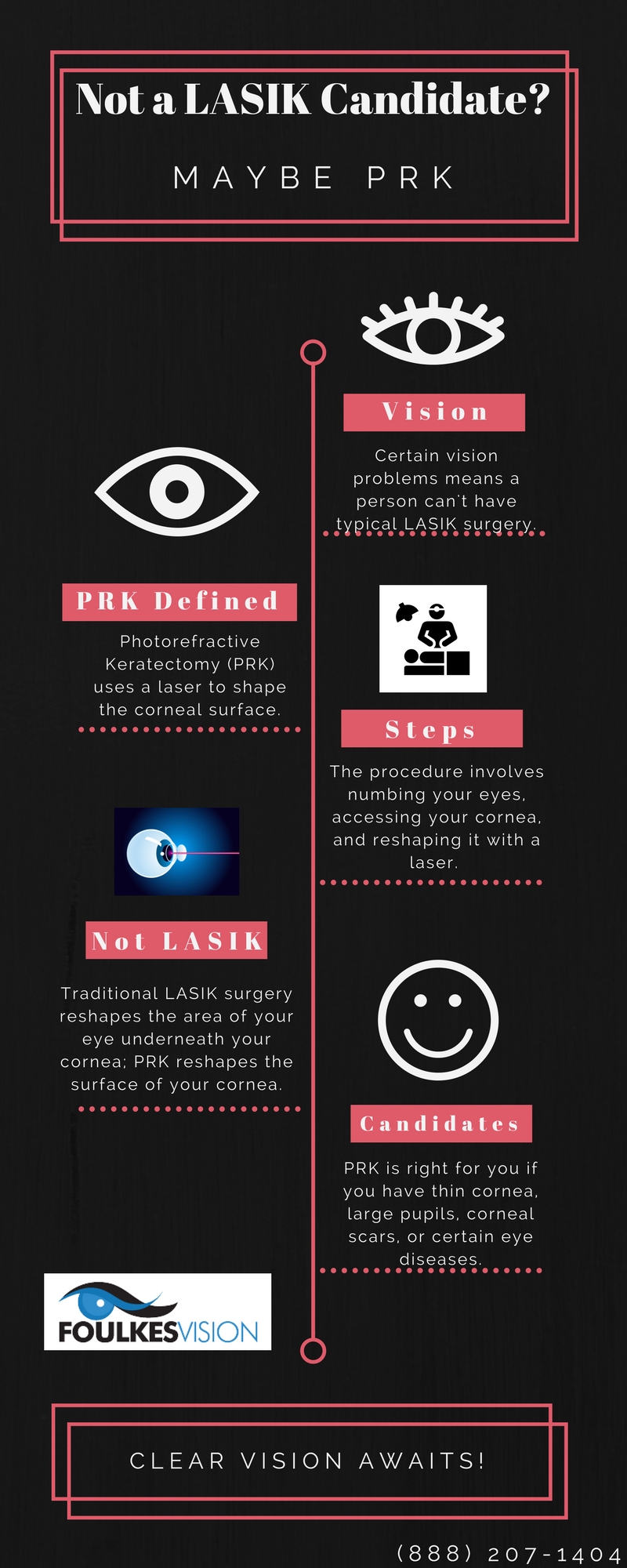Dry Eye Issues: When To Turn To An Optometrist Instead Of An Eye Doctor

Authored By-Cantu Cook
Dry eye signs can be irritating and uneasy. You might ask yourself if you must see an optometrist or an ophthalmologist for relief. Eye doctors usually deal with light to modest situations with reliable therapies. However, if your signs continue or intensify, it might be time to consider a professional's care. Recognizing the best course for your circumstance is vital-- so what factors should you think about before making that visit?
Comprehending Dry Eye Manifestations
Have you ever before experienced a persistent sensation of dry skin in your eyes? This pain can be more than simply an annoyance; it usually signifies a common problem known as completely dry eye.
related website may notice redness, itching, or a sandy feeling, making it tough to focus. Occasionally, your eyes might even water excessively as they attempt to compensate for the absence of dampness. You might also experience blurred vision, especially after long term screen time.
Acknowledging these signs and symptoms is vital for managing completely dry eye effectively. Elements like long term screen use, ecological toxic irritants, and particular medications can worsen these feelings.
Role of Optometrists in Dry Eye Monitoring
Eye doctors play an essential duty in handling dry eye, serving as your main source for medical diagnosis and therapy. They start by reviewing your signs and symptoms and carrying out comprehensive eye examinations to identify the underlying root causes of your discomfort.
With their knowledge, they recommend personalized therapy plans, which might include artificial tears, prescription medicines, or way of living alterations. Eye doctors also inform you on proper eye care practices to help reduce signs.
If your problem calls for much more specialized interest, they'll refer you to an ophthalmologist. Regular exams with your optometrist guarantee that your completely dry eye monitoring works, permitting modifications to your treatment as needed.
Trust your optometrist to direct you via the procedure of locating remedy for completely dry eye signs.
When to Seek advice from an Ophthalmologist
When should you consider speaking with an ophthalmologist for your dry eye symptoms? If your signs and symptoms persist despite over the counter therapies or intensify with time, it's time to see an expert.
You ought to also connect if you experience severe pain, vision modifications, or if your eyes show up red and puffy. An ophthalmologist can detect underlying conditions like blepharitis or meibomian gland disorder that may require more advanced treatment.
If https://www.healio.com/news/ophthalmology/20210126/corneal-and-lensbased-refractive-surgery-advancements-optimize-vision have a history of eye surgeries or chronic conditions such as rheumatoid arthritis, it's important to seek advice from an eye doctor also.
Final thought
In summary, if you're experiencing dry eye signs and symptoms, beginning by checking out an optometrist for a customized treatment plan. They can aid with moderate to moderate issues utilizing man-made splits and way of life changes. Nevertheless, if your signs linger or aggravate, do not be reluctant to speak with an ophthalmologist for more customized care. Taking these actions can result in much better management of your dry eye signs and boost your overall eye wellness. Remember, your convenience and vision deserve it!

